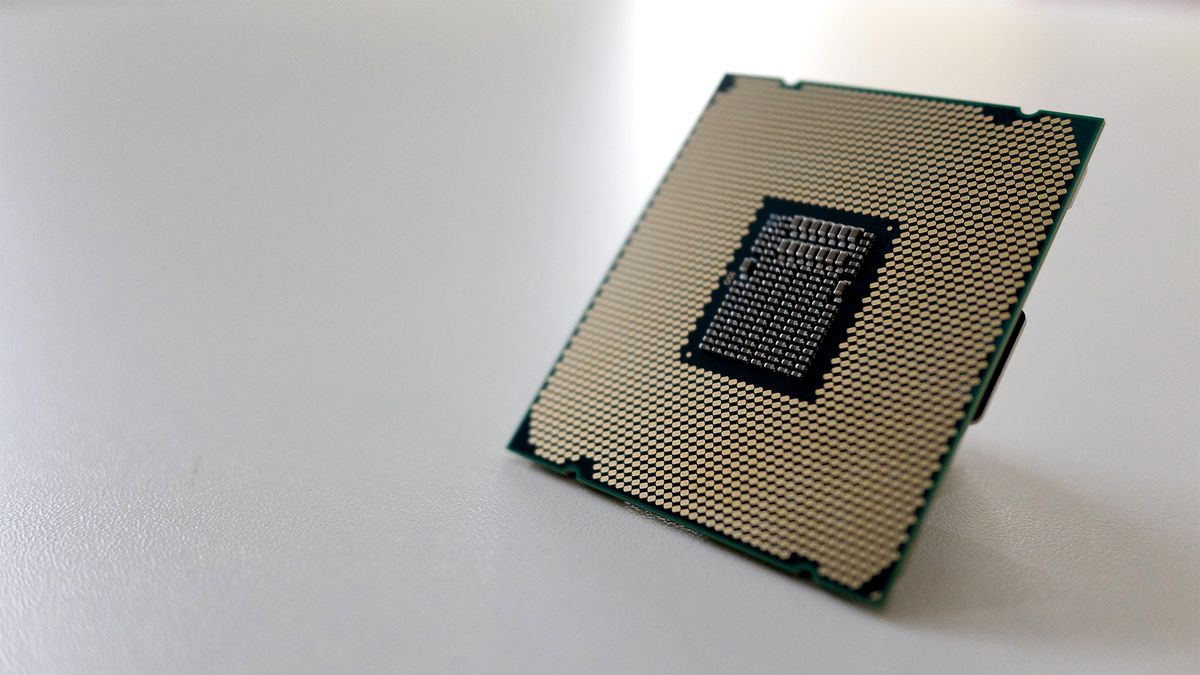El nuevo mapa de Fortnite Chapter 3 incluye nuevas ubicaciones y efectos meteorológicos

Quince díasnuevo capítulo de comenzó y trajo un mapa nuevo. Quince díasLa isla renovada presenta muchas ubicaciones nuevas, nuevos efectos climáticos y nuevas armas, pero sigue siendo una gran isla antigua. Quince días map, por lo que aún debería resultar familiar.
La nueva isla está estrechamente relacionada con el pase de batalla de la temporada, que presenta a Spider-Man de manera prominente. La llegada del lanzador web de Marvel también inspiró su propia ubicación en el nuevo mapa. Entre las mayores referencias a Spider-Man en el Capítulo 3 se encuentra el enorme edificio de oficinas del Daily Bugle. También hay otras áreas nuevas como el Santuario, que sirve como base para los Siete, la organización secreta detrás de algunos de los eventos más importantes del mundo. Quince días narrativa.
Spider-Man también ayudó a inspirar a uno de los Quince días La nueva mecánica del Capítulo 3 también: balanceo. Los jugadores podrán columpiarse desde lugares altos con los icónicos webshooters de Spider-Man a partir del 11 de diciembre. La nueva temporada también será la primera en introducir el deslizamiento a Quince días, pero parece un poco menos inspirado por Spider-Man.
Quince díasLa nueva isla de también recibió una actualización ambiental en comparación con mapas anteriores con sus efectos climáticos. El nuevo mapa incluye tormentas, relámpagos e incluso tornados que pueden atraparte y echarte de vuelta. El Capítulo 3 también vendrá con una serie de nuevas armas, incluidos varios rifles de asalto, escopetas y rifles de francotirador.
Por supuesto, como con cualquier nueva temporada, Epic también incluyó docenas de cambios. Para tener una idea de las novedades Quince días Capítulo 3, temporada 1, puedes consultar el Publicación de vista previa completa épica.





